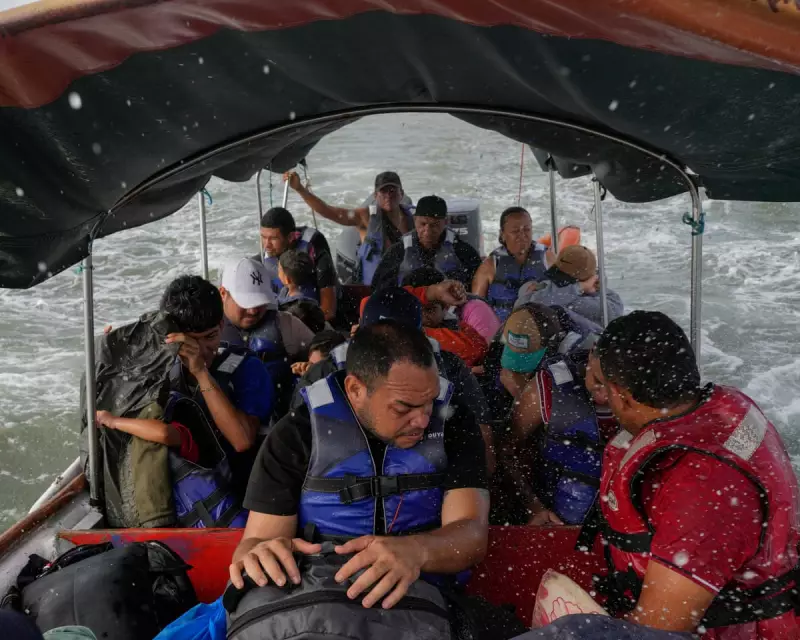
A hardline immigration crackdown by the Trump administration has led to the forcible return of more than 14,000 US-bound Venezuelan nationals to countries across South America in just one month, a startling new United Nations report has found.
The data, compiled by the UN's International Organization for Migration (IOM), exposes the brutal efficiency of policies designed to deter migration at the US southern border. It represents one of the most significant mass returns of Venezuelans fleeing economic collapse and political persecution in their homeland.
A Pipeline of Returns
The report details how migrants are being systematically removed and flown to various South American nations, often without having their asylum claims fully heard. Many are returned to countries they only passed through on their perilous journey north, leaving them stranded and vulnerable, far from their intended destination and support networks.
This practice, critics argue, violates the principle of non-refoulement—a cornerstone of international law that forbids returning refugees to a territory where they face serious threat to their life or freedom.
The Human Cost of Deterrence
Behind the staggering figure of 14,000 are individual stories of desperation and shattered hopes. Venezuelans have undertaken one of the world's largest exoduses in recent years, with millions escaping hyperinflation, food and medicine shortages, and authoritarian rule.
The Trump administration's policies have effectively slammed the door shut, using rapid expulsions and bilateral agreements to create a "vertical" border where enforcement happens not just at the US line, but across the entire continent.
Regional Repercussions
The mass returns are placing immense strain on South American host countries, which are already struggling to support the millions of Venezuelans who have settled there. This strategy of outsourcing US border enforcement risks destabilising the region and overwhelming local services.
The UN findings confirm the fears of human rights advocates who warned that the administration's focus on deterrence would prioritise political optics over humanitarian protection, leaving thousands in precarious limbo.





